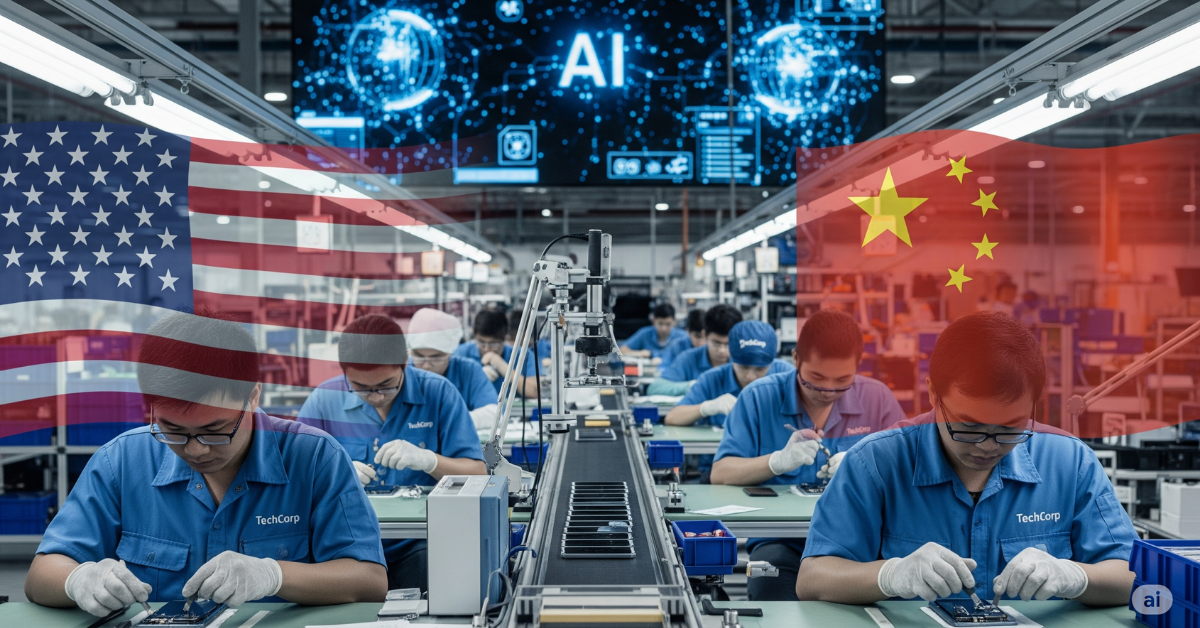Apple is entering its fiscal third-quarter earnings with multiple challenges. Revenue for April through June is expected to rise about 4.2 percent year-over-year to $89.34 billion, but analysts are closely watching how tariffs and a delayed artificial intelligence (AI) strategy could affect profits.
One major concern is the impact of U.S. tariffs. Former President Trump has proposed a 25 percent duty on iPhones made overseas pushing Apple to move some of its production out of China. To reduce the risk, Apple has shifted a large portion of its iPhone manufacturing for the U.S. market to India. As a result, India’s iPhone exports rose by 240 percent in the second quarter. This shift is expected to lower Apple’s potential tariff costs to under $900 million, a significant drop from earlier estimates.
At the same time, Apple is facing criticism for being slow to launch its AI features. Competitors in China, like Honor, are already releasing phones with advanced AI capabilities such as generative photo editing. Apple, however, plans to roll out its new AI system Apple Intelligence, including an upgraded Siri and ChatGPT integration sometime next year. This delay has raised concerns about Apple’s ability to keep up with the fast pace of AI innovation in the tech industry.
Although iPhone sales are expected to grow by 2.2 percent, other hardware segments are showing signs of slower growth. On the positive side, Apple’s service revenue continues to perform well, with a projected increase of 10.7 percent, though slightly lower than the previous quarter’s 11.6 percent.
Apple’s upcoming earnings report will be a key moment for the company. It must show how it plans to manage trade risks and catch up in the AI race to maintain strong growth.
- U.S. tariffs may cost Apple up to $900 million
- Apple delays AI launch, losing ground to competitors



